Australian clean energy company Endua has unveiled the first of its purpose-built standalone hydrogen power banks, an Australian-built technology designed to enable reliable renewable energy for communities, remote industries and off-grid infrastructure.
Endua’s power bank is designed to close the gap in microgrid applications, where the need for reliable power means reliance on emissions-heavy energy production such as diesel generators.
The energy storage system, which uses advanced hydrogen technology and will serve as a platform for testing, is located in the Brisbane suburb of Archerfield, which is also home to Endua’s headquarters.
The modular power banks, each approximately 6m long and 3m wide, will drive power loads of up to 100kW per unit — enough to power a water pump, farm shed or standalone telecom infrastructure.
This renewable energy is stored as hydrogen and then converted back to electricity by fuel cells, while the modularity allows for solutions to be scaled according to on-site demand.
Endua Founder and Chief Executive, Paul Sernia, said, “To store and use hydrogen like a battery, you need to convert water and renewable energy to hydrogen with an electrolyser, store hydrogen until it’s needed and then convert it back to electricity using a fuel cell.
“Our power banks plug a critical gap in achieving the clean energy transition and stabilising power when the grid can not be relied on — especially in our regional and remote power communities — generating enough stored hydrogen to replace diesel for off-grid power generation at any site such as a cattle farm or power communications equipment operating at the edge.”
Globally, renewable energy made up 29 per cent of electricity generation in 2020, and is anticipated to grow to more than half the market by 2050. Yet, renewable energy sources come with their limitations, especially when the sun doesn’t shine and the wind doesn’t blow.
Traditionally, distributed renewables need support from on-demand generation such as gas, diesel generators and batteries, stabilising and supplementing power when energy isn’t being generated.
“The challenge with this process is two-fold. Diesel and gas generators produce heavy emissions, require significant ongoing operational costs to maintain and are dependent on fuel supply chain and pricing while existing battery technology only makes sense for a few hours worth of energy and is therefore unable to meet the requirements for a 100 per cent renewable future. How else can you reliably run for multiple days without incurring emissions?” Mr Sernia said.
Founded in 2021, Endua has used its chemical and mechanical engineering expertise to inform its novel power bank design, materials selection and advanced manufacturing to design a highly optimised system that can be delivered as a commercially viable proposition. Endua’s in-house manufacturing capabilities and strategic partnerships, including with Ampol, will ensure a resilient supply chain.
“In Australia alone, $1.5 billion is spent each year on diesel fuel for electricity generation in remote and rural areas. Net zero and the power industry aren’t mutually exclusive and creating a decarbonised economy requires new ways of working. Our power banks mean we can decouple standalone and microgrid power systems from fossil fuel-generated diesel and provide a cheaper long-term solution than batteries,” Mr Sernia said.
The showcase of its power bank comes just weeks after the company announced it has raised more than $11.8 million to scale its clean hydrogen power solutions. Among Endua’s investors are Queensland Investment Corporation (QIC), Melt Ventures, 77 Partners — as well as founding partners including Australia’s national science agency, the CSIRO and its deep tech fund, Main Sequence, and the country’s largest fuel network, Ampol.
CSIRO Group Leader (Thermal and Electrochemical Technologies Group), Sarb Giddey, said, “Our efficient hydrogen electrolyser technology is a key component of Endua’s exciting energy product. I am proud that CSIRO is collaborating with Endua to bring lower-cost hydrogen-powered energy storage and delivery to Australia.”
Ampol Chief Executive and Managing Director, Matthew Halliday, said, “Ampol’s work with Endua is part of our broader strategy to build new energy solutions that can support our customers with energy transition. Endua’s technology lays the foundation for off-grid and diesel energy users to meet decarbonisation commitments and become self-sustaining. We look forward to working with customers as the technology is scaled to further explore applications across our economy.
Featured image: Endua’s power bank at the company’s Archerfield headquarters. Courtesy of Enuda.





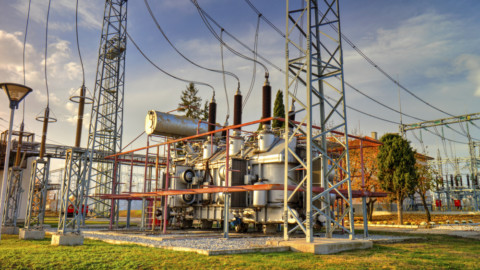
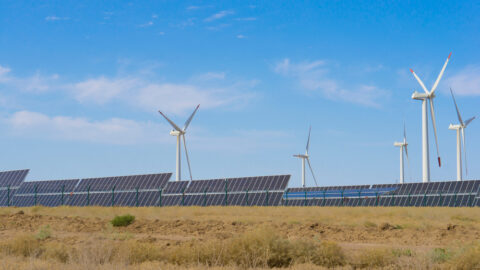
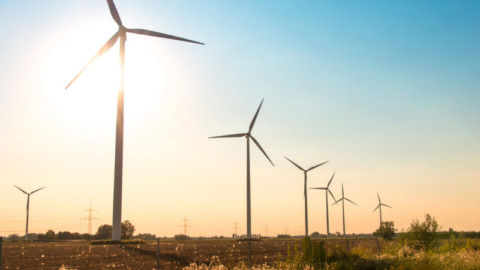

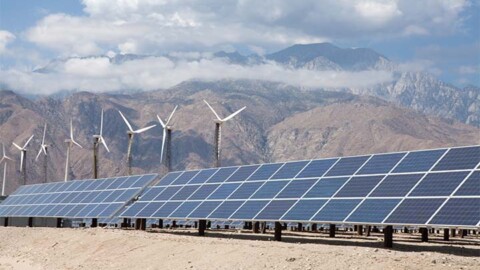
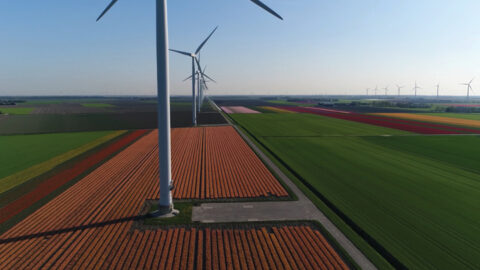






This is truly a groundbreaking development! The unveiling of a microgrid hydrogen power bank is a shining example of how technology can drive us towards a more sustainable future. The utilization of hydrogen as a clean energy source, coupled with the concept of a microgrid, promises not only greater energy resilience but also a significant reduction in carbon emissions. It’s heartwarming to witness innovation aligning with environmental consciousness, and this initiative holds immense promise in revolutionizing our energy landscape. Kudos to the visionaries behind this project for their dedication to forging a path towards a greener and brighter tomorrow!